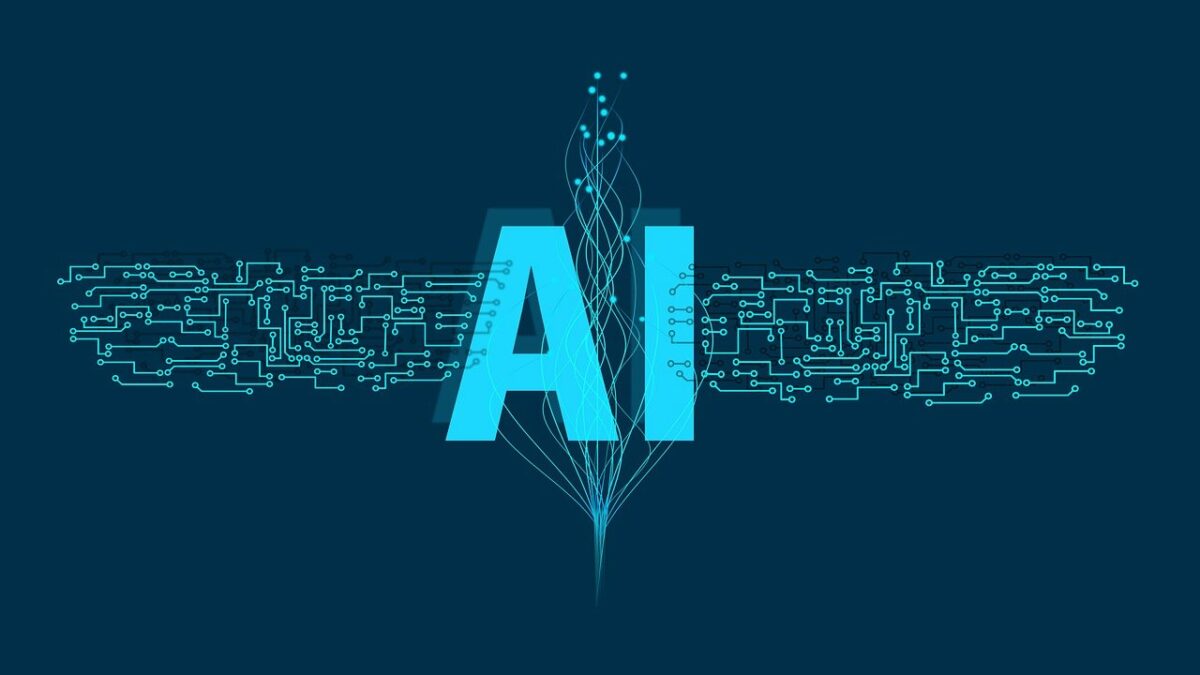
Workplace Slip and Fall Cases Can Be Challenging – Here’s How Personal Injury Lawyers Can Help!
October 27, 2024
Commercial Awareness Update – W/C 28th October 2024
October 29, 2024Electronic evidence is now widely used in the court of law, be it an email, a social media post, or surveillance footage. However, things are slightly different with AI-generated evidence, which manifests in a variety of forms.
Predictive AI models provide a vivid glimpse into what lies ahead. Biometrics bolster identification efforts with remarkable precision. Meanwhile, AI transcription services transform audio recordings into written documents in an instant. There is no doubt that AI has carved out a place for itself within legal contexts. How do we know our reliance on AI-generated evidence in high-stakes legal trials is reliable?
Finding the Right Experts to Deal with AI Evidence
AI is the next big thing in the legal world, but one cannot turn a blind eye to the darker dimension of this AI boom. Remember that classic shot of the Pope sporting a white, puffy jacket? Impressive, wasn’t it? Not exactly authentic, though.
That is when savvy attorneys come into play, including those found through Lawfirm.com, a site where the average citizen may find simplified and understandable information regarding their case. The idea is to connect users to an expert who knows the nuances surrounding AI in court, so they may find their way through convoluted legal questions surrounding digital evidence.
AI Deepfakes: A Serious Threat?
While AI has its upsides, it certainly makes things more complicated for legal professionals, particularly in the context of AI deepfake, as it can easily distort reality. Courts are already trying to overcome these issues, with many judges reconsidering their standing orders to address the issue of AI-generated content in court submissions.
However, deepfake technology represents a threat much deeper than false legal citations. For instance, in intellectual property law, a deepfake can easily use someone’s image or cause copyrighted content to be deployed improperly, resulting in serious legal battles.
More about the Admissibility of AI-Generated Evidence
AI-generated evidence may be presented in court only if it complies with the same standards as any other type of evidence. However, it adds an additional layer of complexity to these requirements because of those tricky processes.
Attorneys face the challenge of explaining how the AI system works and how that system generated the evidence. Moreover, they have to demonstrate that the data has not been altered or tampered with, which usually requires expert testimony, increasing complexity (and costs) of litigation.
The dependability of AI models is also entirely based on the quality of data they were trained upon. When there are biases held in the data, those biases always find expression in the output generated by the AI. This situation creates serious reservations about the fairness of using AI-generated evidence in cases involving sensitive personal information.
Endnote
Evidence generated through AI may or may not be admissible in court, as many factors have a role to play here. Concerns range from authenticity to bias and privacy. Nonetheless, the implications of having AI in the courtroom are far-reaching, compelling courts, lawyers, and judges to tackle these issues head-on, so that justice is not compromised through AI generated evidence.





